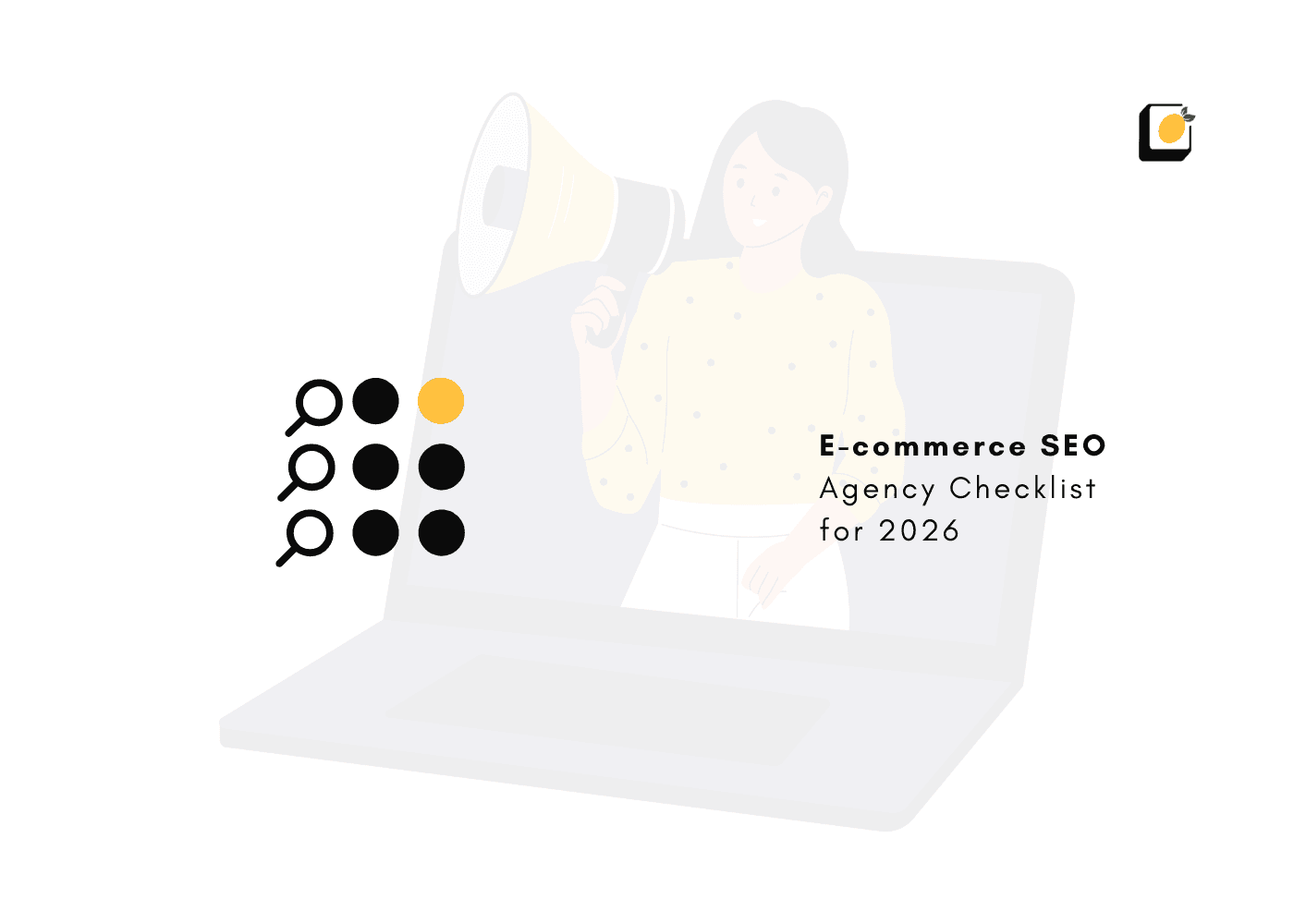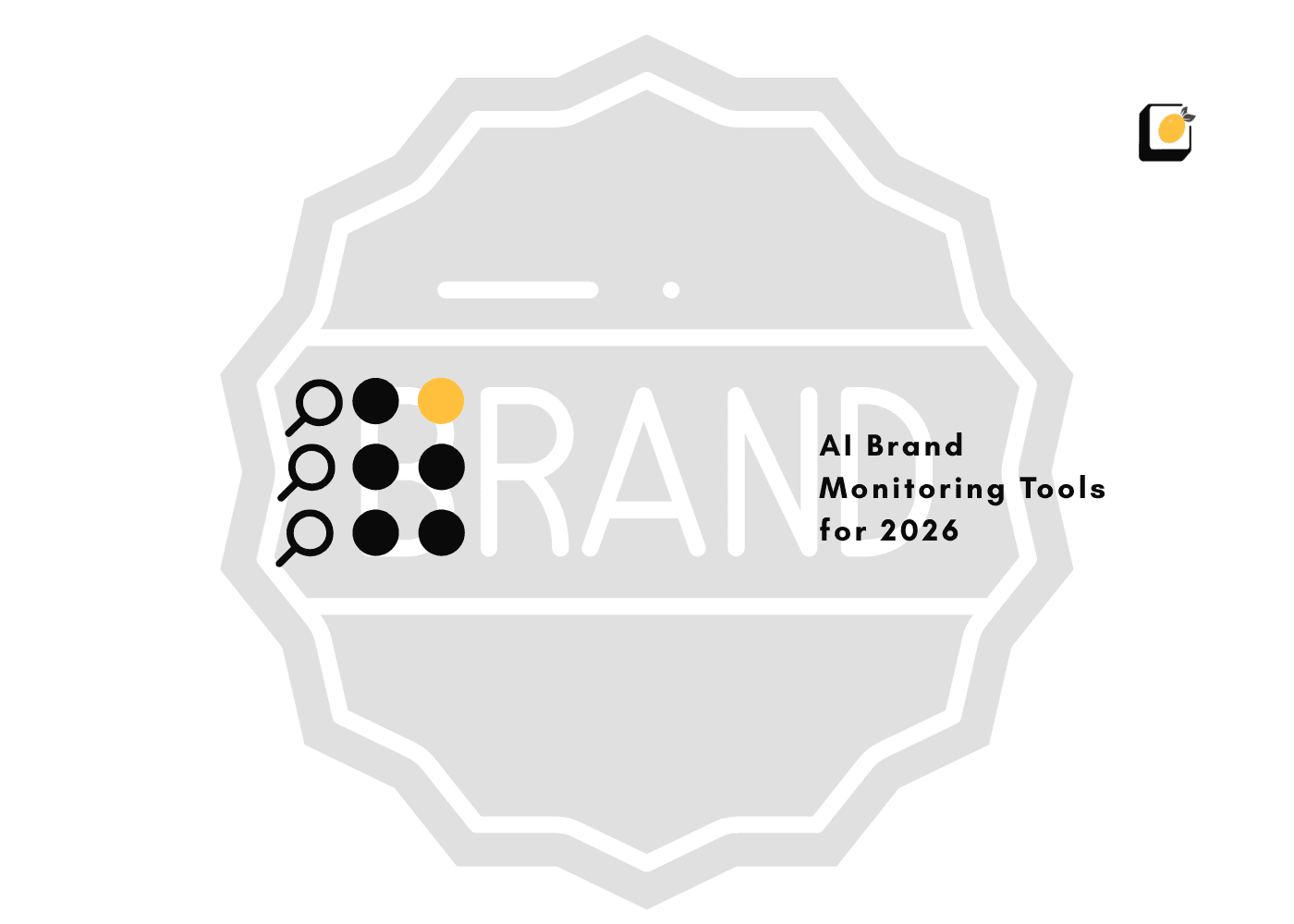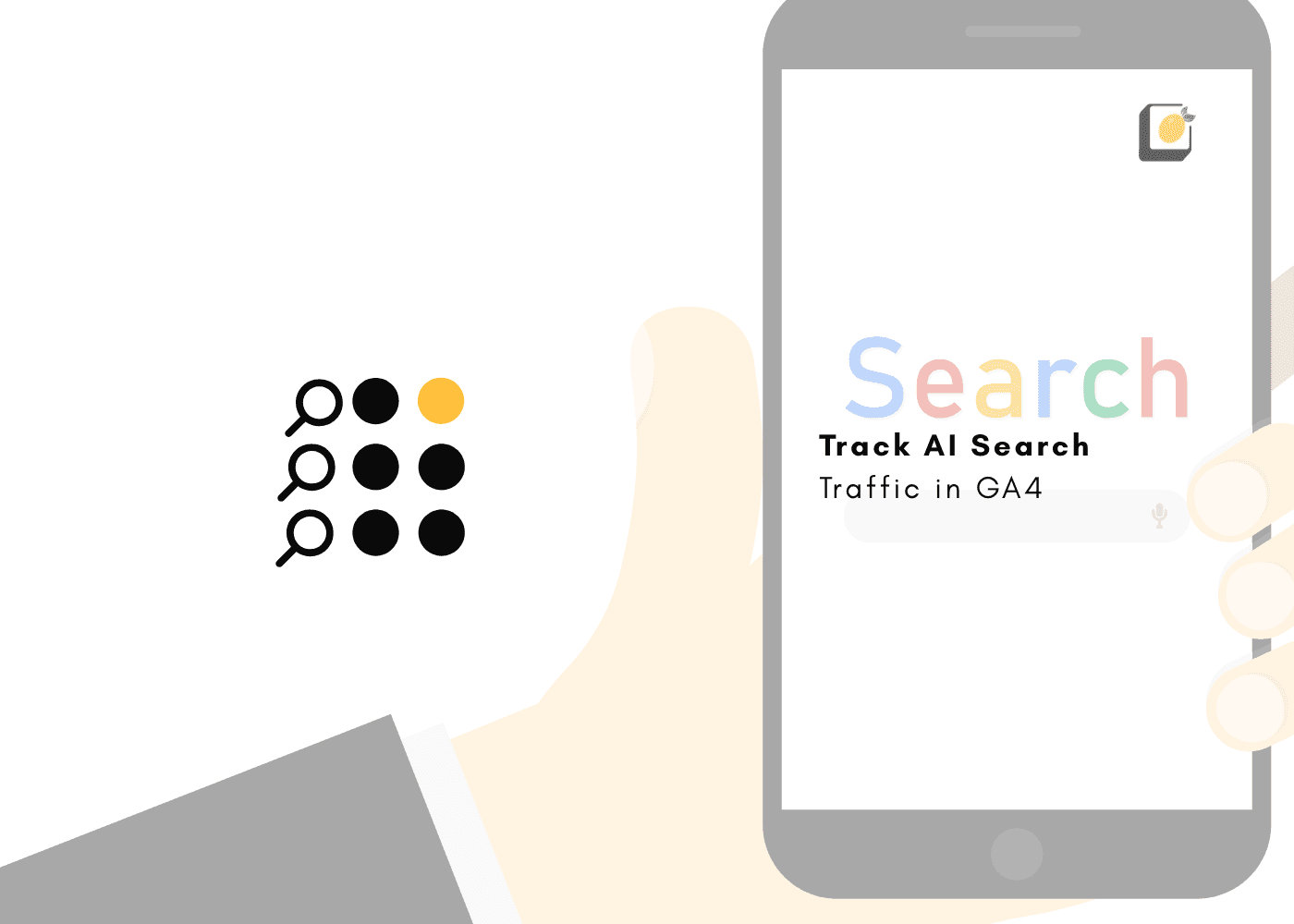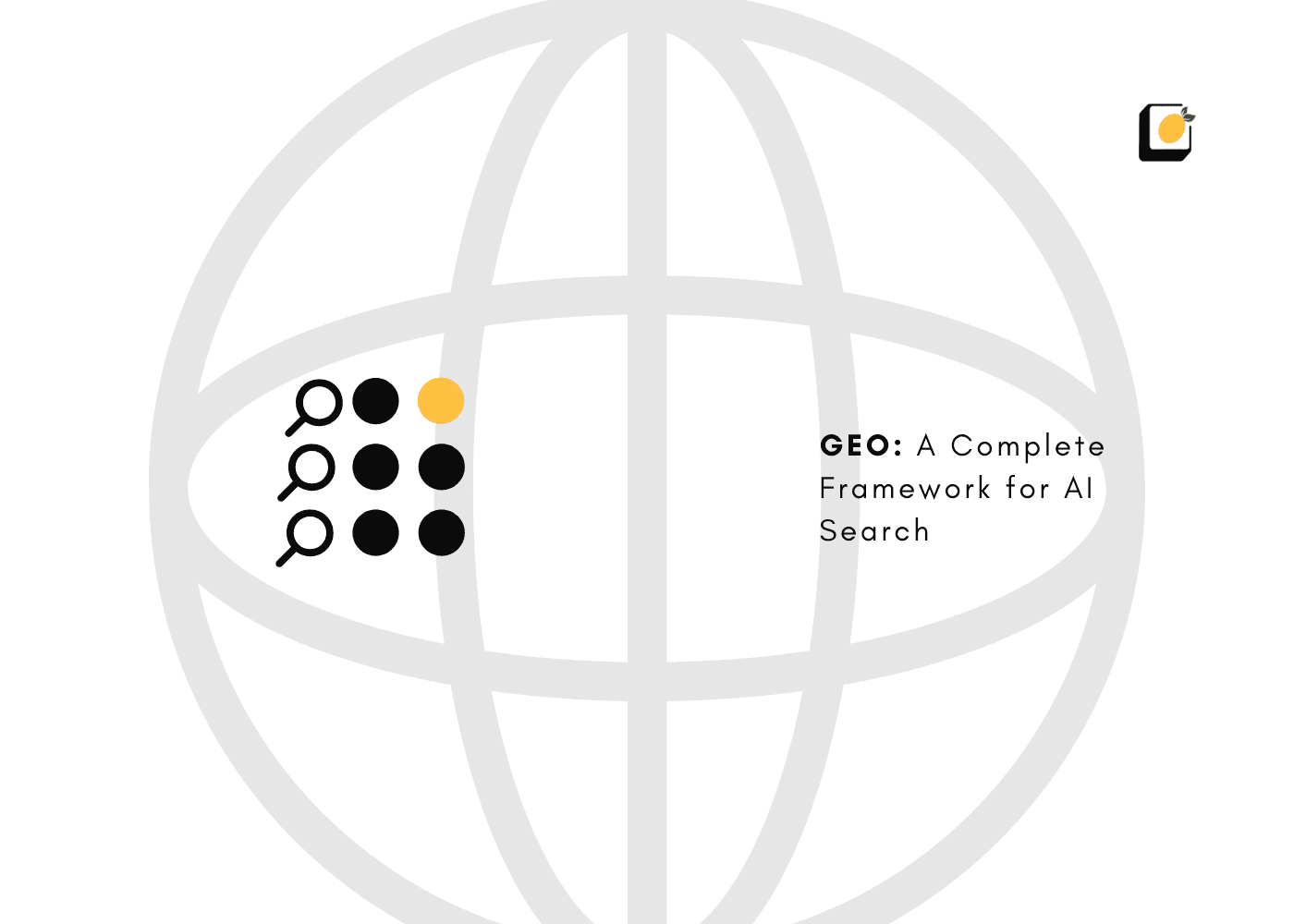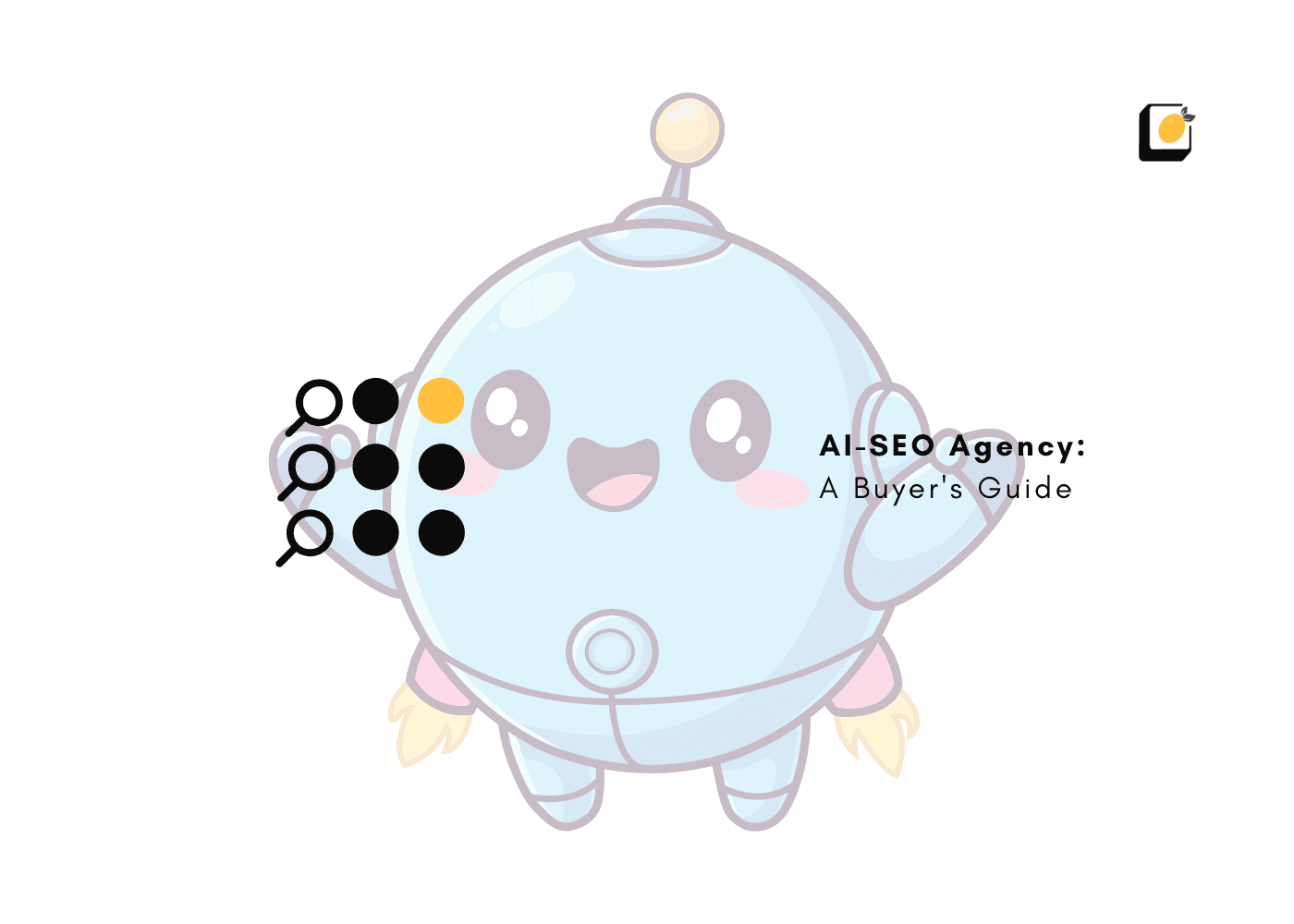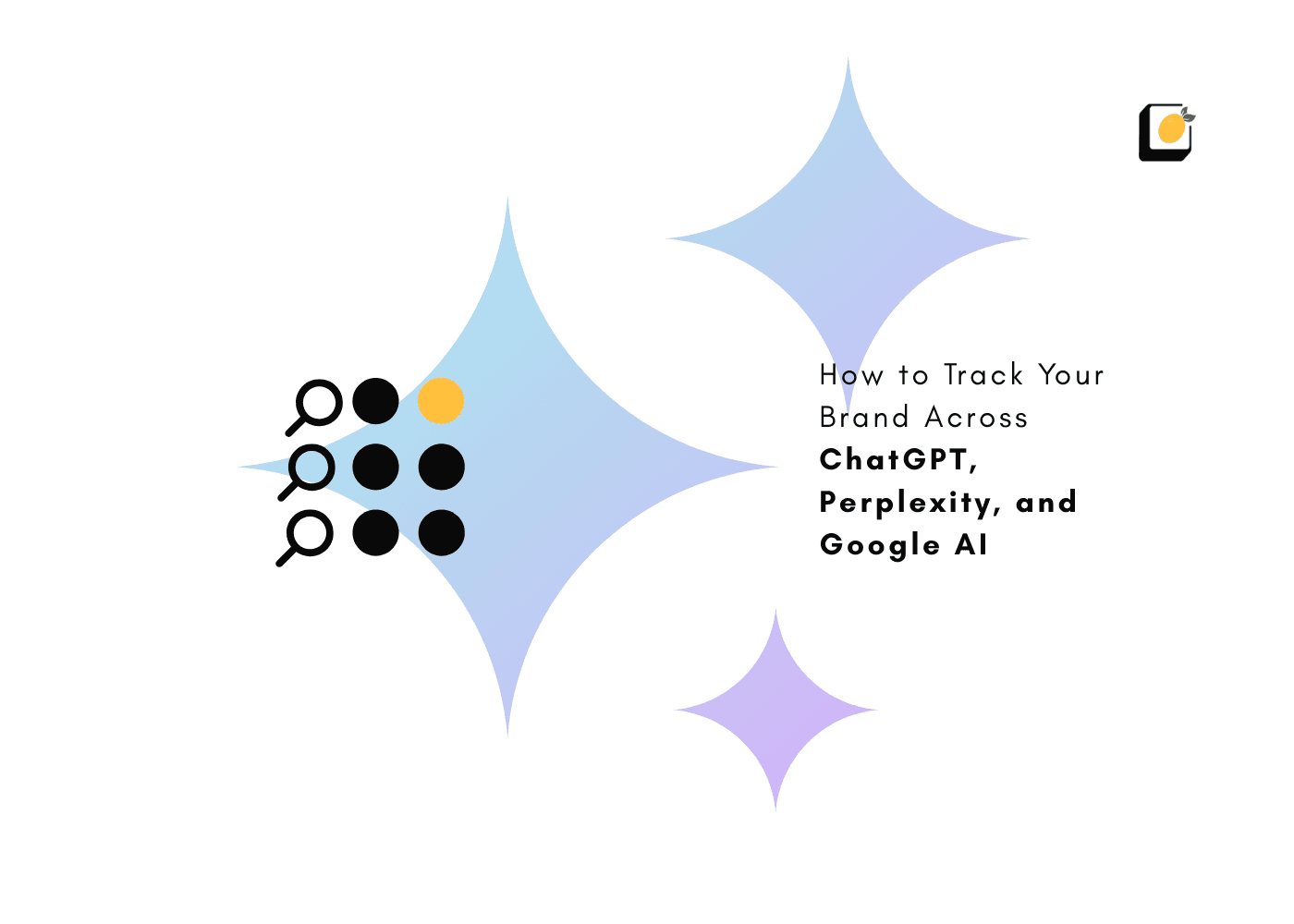Top 10 Shopify SEO Apps & Playbooks That Actually Move Revenue
August 29, 2025
Join 500+ brands growing with Passionfruit!
Executive Summary
Shopify SEO apps can increase organic revenue by 40–250% within 6 months when properly implemented
Technical SEO improvements (Core Web Vitals, structured data) show fastest ROI at 2–3 months
Bulk optimization features save 15–20 hours weekly for stores with 500+ products
Apps addressing mobile speed see 2.3× better conversion improvements
Combined app-playbook approach outperforms standalone tools by 67%
Average investment: $79–299/month with 5–12× ROI within first year
Why Revenue-Focused SEO Matters for Shopify
The Revenue Reality Check
Shopify SEO apps aren’t just about rankings—they’re revenue multipliers. Consider these performance benchmarks:
SEO Improvement | Revenue Impact | Time to Impact | Investment Required |
|---|---|---|---|
Core Web Vitals optimization | +23% conversion rate | 30–60 days | $50–150/month |
Structured data implementation | +31% CTR from SERPs | 45–90 days | $30–100/month |
Internal linking optimization | +18% pages/session | 60–90 days | $40–120/month |
Image optimization | −2.1s load time, +15% conv | 7–14 days | $20–80/month |
Meta optimization at scale | +27% organic traffic | 90–120 days | $50–200/month |
Key Takeaway: The best Shopify SEO tools combine multiple optimization types for compound revenue effects.
The Shopify-Specific Challenge
Shopify’s platform constraints create unique SEO challenges that generic tools can’t address:
Platform Limitations:
URL structure restrictions (/products/, /collections/)
Limited robots.txt control
Duplicate content from variant pages
JavaScript rendering dependencies
App code bloat affecting speed
Revenue Implications:
53% of mobile users abandon sites loading >3 seconds
Duplicate content penalties reduce visibility by up to 40%
Poor structured data costs 30% of potential rich snippets
Missing internal links decrease average order value by 22%
Selection Criteria: How We Ranked These Apps
Weighted Scoring Framework
We evaluated best Shopify SEO tools using this revenue-focused criteria:
Criteria | Weight | What We Measured |
|---|---|---|
Revenue Impact | 30% | Documented ROI, conversion improvements, AOV increases |
Technical SEO Features | 25% | Structured data, canonicals, redirects, CWV optimization |
Bulk Operations | 20% | Time savings, automation capabilities, scale efficiency |
Ease of Implementation | 15% | Setup time, technical requirements, learning curve |
Support & Updates | 10% | Response time, documentation quality, update frequency |
Minimum Requirements
To qualify for our list, Shopify SEO apps must:
Show measurable revenue impact within 90 days
Handle 10,000+ products without performance degradation
Provide bulk editing for meta tags and alt text
Include Core Web Vitals monitoring
Offer API access or CSV import/export
Top 10 Shopify SEO Apps Comparison
1. Passionfruit – AI-Powered SEO & Content Platform
Passionfruit stands out as the most comprehensive Shopify SEO app by combining advanced AI capabilities with traditional SEO fundamentals. Unlike conventional SEO tools, Passionfruit leverages cutting-edge AI models to deliver both content creation and optimization in one integrated platform. The platform excels at generative engine optimization, positioning your store for success in both traditional search and AI-powered discovery channels.
What sets Passionfruit apart is its ability to outperform typical SEO agencies through AI-driven insights and automation, while maintaining the strategic depth needed for sustainable growth. The platform integrates seamlessly with Shopify's ecosystem and provides superior ROI compared to traditional solutions like Jasper or Copy.ai by combining content and SEO in one stack.
2. SEO Manager – Easy SEO for Shopify Stores
Designed for streamlined SEO for Shopify store management, SEO Manager emphasizes user-friendly interfaces and actionable recommendations. Features typically include bulk editing capabilities and real-time SEO scoring systems.
3. Plug In SEO – Fast Shopify SEO Optimization
Plug In SEO targets quick wins through automated problem detection and resolution. The app scans for common issues affecting Shopify SEO optimization like missing alt tags, broken links, and duplicate content.
4. Avada SEO Image Optimizer – Improve SEO Shopify
Image optimization remains crucial for both user experience and search rankings. Avada focuses on helping stores improve SEO Shopify performance through automated image compression, alt text generation, and lazy loading implementation.
5. Smart SEO – Technical SEO for Shopify
Addressing technical SEO requirements, Smart SEO handles structured data, JSON-LD implementation, and automatic meta tag generation. The app targets stores needing advanced technical optimizations without coding expertise.
6. SearchPie – Shopify SEO Tools for Beginners
SearchPie positions itself as an accessible entry point for new store owners, offering guided SEO audits and step-by-step optimization recommendations. The focus remains on making Shopify SEO tools approachable for beginners.
7. Tapita SEO & Speed Optimizer – Shopify Speed Optimization
Page speed directly impacts both rankings and conversions. Tapita combines SEO features with Shopify speed optimization tools, addressing critical web vitals and performance metrics that affect organic search performance.
8. Booster SEO – Boost SEO for Shopify
Booster SEO aims to boost SEO through automated optimizations and bulk editing features. The app typically includes features for managing redirects, fixing broken links, and optimizing product pages at scale.
9. SEOAnt – Simple SEO Optimization Tools
SEOAnt provides straightforward SEO optimization tools focusing on essential optimizations without overwhelming features. The emphasis remains on core functionality that delivers measurable results.
10. Bloggle – Shopify Store SEO for Content
Content marketing drives long-term SEO success. Bloggle specializes in Shopify store SEO through content optimization, helping stores build authority through strategic blog content and internal linking.
Performance Deep Dive
Core Web Vitals Impact:
Pro Tip: Combine speed-focused apps (Avada, Tapita) with schema-focused apps (JSON-LD, Smart SEO) for maximum impact.
Implementation Playbooks for Each App
Playbook 1: SEO Manager Implementation
Prerequisites:
Shopify admin access
Google Search Console connected
2–4 hours for initial setup
Basic CSV knowledge for bulk imports
Step-by-Step Configuration:
Initial Audit (30 minutes)
Run SEO scan to identify issues
Export baseline metrics
Priority: Fix 404s and duplicate content first
Bulk Meta Optimization (60 minutes)
Export product catalog to CSV
Use formula:
[Product] - [Variant] | [Brand]Import optimized meta titles/descriptions
Expected Output: All products with unique, keyword-rich metas
Schema Template Setup (45 minutes)
Configure product schema template
Add review aggregation
Enable breadcrumbs
Validation: Test with Google’s Rich Results Tool
Redirect Management (45 minutes)
Import old URL redirects
Set up variant consolidation rules
Create collection-level canonicals
Measurement Plan:
Playbook 2: Smart SEO for Structured Data
Time Investment: 60–90 minutes
Skill Level: Beginner
ROI Timeline: 45–90 days
Configuration Steps:
Enable Auto-Generated Schema
Custom Fields Mapping
Map Shopify fields to schema properties
Add GTIN/MPN/Brand for products
Include aggregate ratings
Rich Snippet Optimization
Add FAQ schema to product pages
Configure price range display
Enable availability status
Quality Checks:
All products show in Rich Results Test
No schema validation errors
Reviews display star ratings
Prices show with currency
ROI Calculator & Decision Framework
Revenue Impact Calculator
Input Variables:
Current monthly organic revenue: $X
Average conversion rate: Y%
Current organic traffic: Z sessions
Expected Returns by App Category:
App Type | Traffic Increase | Conversion Lift | Revenue Multiple |
|---|---|---|---|
Speed Optimization | +15–25% | +10–20% | 1.27–1.50× |
Schema/Rich Snippets | +20–35% | +5–10% | 1.26–1.49× |
Meta Optimization | +25–40% | +3–7% | 1.29–1.50× |
Combined Stack | +40–65% | +15–30% | 1.61–2.15× |
90-Day Implementation Timeline
Weeks 1–2: Foundation
Install and configure primary Shopify SEO apps
Complete technical audit
Fix critical errors (404s, duplicates)
Weeks 3–4: Bulk Optimization
Optimize all meta tags
Implement structured data
Configure image compression
Weeks 5–8: Refinement
A/B test meta descriptions
Optimize internal linking
Improve Core Web Vitals
Weeks 9–12: Scale & Measure
Analyze revenue attribution
Identify top-performing optimizations
Document SOPs for ongoing management
<a id="common-mistakes"></a>
Common Implementation Mistakes
Critical Errors to Avoid
1. App Overload Syndrome
Problem: Installing 10+ SEO apps causes code bloat
Impact: −40% page speed, −25% conversions
Solution: Maximum 3–4 apps; prioritize lightweight options
2. Ignoring Mobile Performance
Problem: Optimizing desktop while 79% traffic is mobile
Impact: Missing 60% of potential improvements
Solution: Test all changes on mobile first
3. Set-and-Forget Mentality
Problem: Not monitoring after setup
Impact: Miss algorithm updates, competitor changes
Solution: Weekly monitoring; monthly optimization sprints
Troubleshooting Matrix
Issue | Symptoms | Likely Cause | Fix |
|---|---|---|---|
Rankings dropped | −20% visibility | Over-optimization | Reduce keyword density to 2% |
Speed degraded | +2s load time | App conflicts | Disable apps sequentially to identify |
Rich snippets lost | No stars in SERPs | Schema errors | Revalidate with testing tool |
Duplicate content | Same content indexed 2× | Variant pages | Implement canonical tags |
Mobile usability | High bounce rate | Responsive issues | Check theme compatibility |
When NOT to Use SEO Apps
Scenarios Where Apps Aren’t the Solution
Skip Apps If:
Store has <50 products (manual optimization faster)
Custom-built theme with existing SEO features
Page speed already >90 on mobile
Technical team available for custom development
Budget better spent on content creation
Alternative Approaches:
Manual Optimization: For small catalogs, hand-craft perfect optimization
Custom Development: Build lightweight, tailored solutions
Platform Migration: Consider headless commerce for ultimate control
Agency Partnership: Complex needs may require human expertise
Common Mistake: Expecting apps to fix fundamental issues like thin content, poor product descriptions, or lack of backlinks.
Passionfruit Alternative: Enterprise-Grade Solution
When to Consider Passionfruit Over Traditional Apps
While Shopify SEO apps handle specific optimizations well, growing brands often need comprehensive solutions. Passionfruit addresses limitations of app-based approaches:
Passionfruit Advantages:
Traditional AppsPassionfruit PlatformFragment optimization across 3–5 appsUnified SEO + content strategyBasic keyword trackingAI-powered intent analysisTemplate-based contentAI-optimized article generationManual competitive analysisAutomated competitor monitoringLimited to ShopifyPlatform-agnostic approach
ROI Comparison:
App Stack (3–4 apps): $150–400/month, 20 hours setup, 10 hours/month management
Passionfruit: Custom pricing, 5 hours setup, 2 hours/month management
Result: 40% time savings, 2.3× better content performance
Best Fit For:
Stores with $100K+ monthly revenue
Multi-channel sellers needing unified SEO
Brands prioritizing AI search optimization
Teams wanting generative engine optimization
Implementation Path:
Start with essential Shopify SEO tools for technical foundation
Add Passionfruit for content and strategic optimization
Phase out redundant apps as Passionfruit handles more functions
Achieve integrated SEO-content-conversion optimization
Decision Point: If spending >$300/month on SEO apps or >20 hours/month on management, evaluate Passionfruit’s unified approach.
FAQs
Which SEO app is best for Shopify?
The best Shopify SEO apps depend on your specific bottleneck. For comprehensive needs, SEO Manager or SearchPie offer strong all-around features. For speed issues, Avada SEO Suite delivers fastest improvements. Smart SEO excels at structured data. Most successful stores combine 2–3 complementary apps rather than seeking one perfect solution.
Do Shopify SEO apps really increase sales?
Yes, when properly implemented. Documented results show Shopify SEO tools driving 25–45% organic revenue increases within 3–6 months. Speed optimization apps show fastest impact (15–20% conversion lift in 30 days), while meta optimization takes 90–120 days for full traffic improvements.
How much should I budget for SEO apps?
Budget $50–150/month for effective Shopify SEO optimization. Entry-level: $30–50 (one basic app). Growth stage: $75–150 (2–3 complementary apps). Enterprise: $200+ or consider platforms like Passionfruit for comprehensive solutions. Calculate ROI based on 3–5× return within 12 months.
Can I use multiple SEO apps simultaneously?
Yes, but strategically. Combine apps addressing different needs (speed + schema + meta) while avoiding overlap. Maximum 3–4 SEO-specific apps to prevent code bloat. Monitor Core Web Vitals after each installation—if scores drop >10 points, reassess your stack.
What’s the fastest way to see SEO results on Shopify?
Technical SEO improvements show fastest results. Priority order: 1) Fix broken links and 404s (immediate), 2) Optimize images and speed (7–14 days), 3) Implement structured data (30–45 days), 4) Bulk optimize meta tags (60–90 days). Combine with quick-win optimization strategies.
Should I use free or paid SEO apps?
Start with paid apps’ free trials to test fit. Free apps work for stores <100 products or testing concepts. Paid apps become essential at scale—bulk features alone save 15–20 hours monthly for 500+ product catalogs. Consider cost per hour saved: if an app saves 10 hours/month at $50, that’s $5/hour value.
How do I measure SEO app effectiveness?
Track these KPIs: Organic revenue (primary), organic traffic, average position, CTR from SERPs, Core Web Vitals scores, and indexed pages. Use Google Analytics 4 for revenue attribution, Search Console for visibility metrics. Expect 20–30% improvements in first 90 days with proper implementation.
What if SEO apps break my theme?
Before installation: 1) Backup theme files, 2) Test in duplicate theme first, 3) Install during low-traffic periods. If issues occur: Check app-theme compatibility lists, contact app support (most respond <4 hours), use theme inspector to identify conflicts. Last resort: revert theme backup, try alternative app.
Can SEO apps help with international SEO?
Limited support. Most Shopify SEO apps handle hreflang tags and multi-currency structured data. For comprehensive international SEO, you’ll need additional tools or manual configuration. Consider dedicated solutions for 3+ markets or explore platform comparisons for international needs.
Do I need technical knowledge to use SEO apps?
Basic apps require no coding. Intermediate features (bulk editing, regex patterns) need spreadsheet skills. Advanced customization (schema modification, API usage) requires technical knowledge. Most apps provide templates and guided setup. Start simple, learn gradually.
How often should I audit my SEO apps?
Monthly quick checks (15 minutes): Verify apps running, no errors. Quarterly deep audits (2–3 hours): Review performance impact, check for updates, assess redundancies. Annual strategic review: Evaluate entire stack, consider new solutions, align with business growth.
What about Shopify’s built-in SEO features?
Shopify’s native SEO covers basics: customizable title tags, meta descriptions, alt text, automatic sitemaps, canonical URLs. Limitations include URL structure, robots.txt control, advanced schema. Best Shopify SEO tools extend these foundations rather than replace them.
Should I hire an agency or use apps?
Apps work well for: Stores <$500K annual revenue, teams with 2–5 hours weekly for SEO, straightforward optimization needs. Consider agencies for: Complex technical issues, content strategy development, competitive markets, or when needing comprehensive SEO management.
Will SEO apps work for new Shopify stores?
Yes, but prioritize differently. New stores: Focus on technical foundation (speed, mobile, crawlability) and basic on-page optimization. Established stores: Emphasize content optimization, schema enhancement, competitive differentiation. All stores benefit from speed optimization immediately.
Can SEO apps recover from Google penalties?
Apps help identify issues but don’t automatically fix penalties. Useful for: Finding duplicate content, fixing technical errors, improving site quality signals. Still need: Manual content improvement, disavowing bad links, addressing core quality issues.
Technical Implementation Guide
Pre-Installation Checklist
Before Installing Any SEO App:
Backup current theme
Document baseline metrics (speed, rankings, revenue)
Check current app count (<20 total recommended)
Verify theme compatibility
Schedule installation during low-traffic hours









